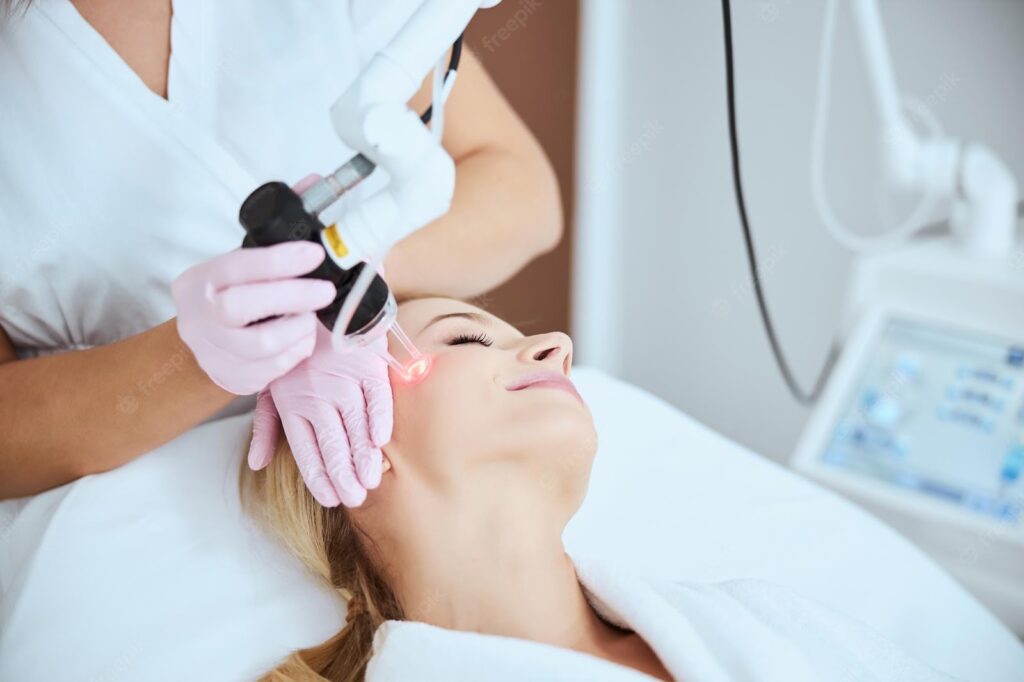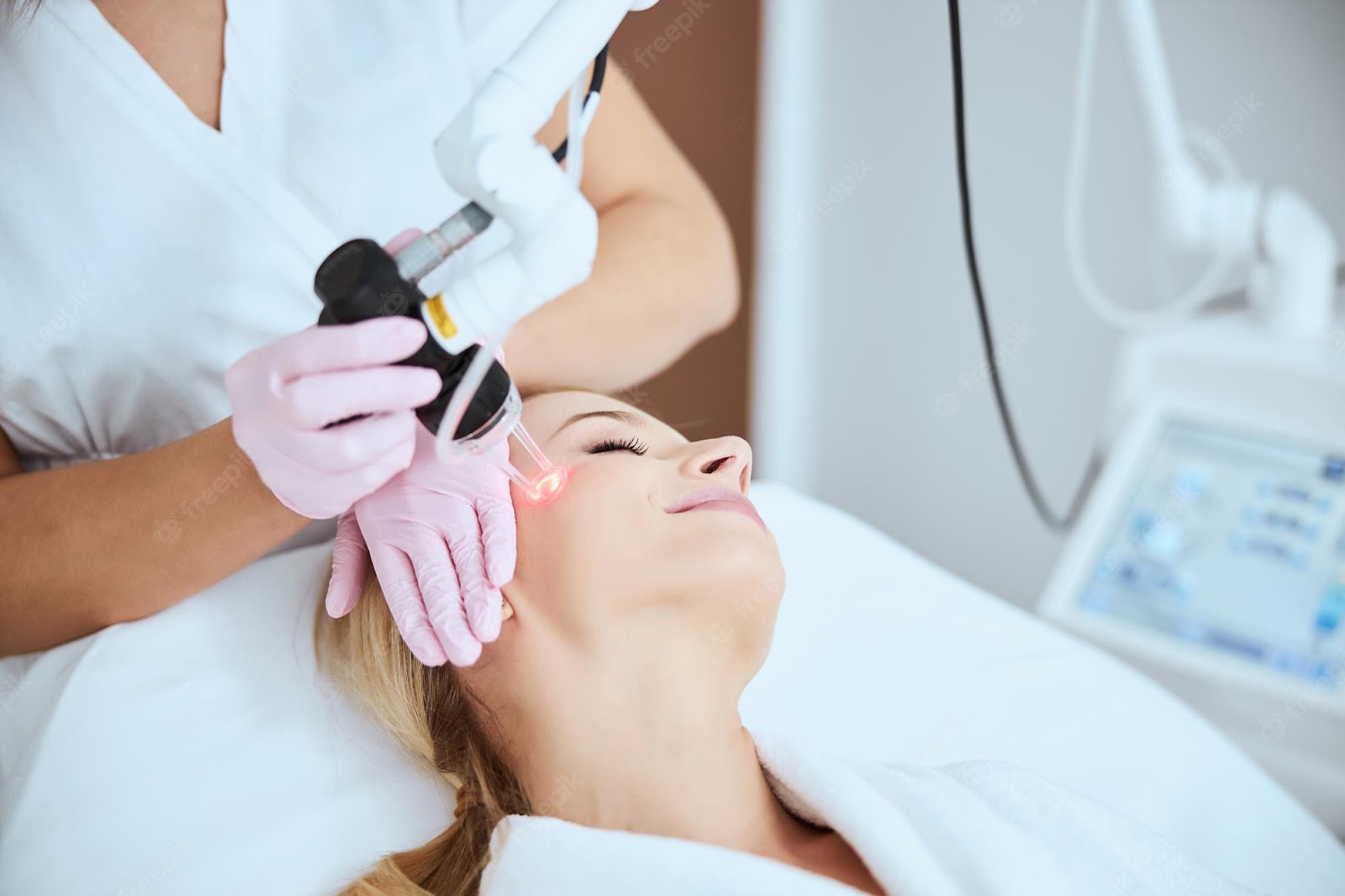
Non-invasive cosmetic procedures are the safest and most cost-effective ways to improve one’s appearance without going under the knife or buzzing your hair. According to Statista, the non-invasive cosmetic market is expected to be worth $6.13 billion by 2021. The general population has become more aware of these treatments as they have become more widely available. However, with new treatments and procedures coming out frequently, it can be difficult for consumers to keep up with what is safe and what may not be. There are some common health concerns regarding non-invasive cosmetic procedures that you should be aware of before making a decision about which treatment may be right for you.
Skin Care Concerns
Individuals with very sensitive skin are advised not to undergo certain procedures because they may cause an adverse reaction. Skin color can also be a factor in non-invasive cosmetic procedures because different skin tones react to light differently. Those with darker skin tones may experience some discoloration following photodynamic therapy, laser hair removal, or skin rejuvenation. Moreover, individuals who have just undergone cosmetic procedures or have recently had a cosmetic procedure may not be able to take advantage of non-invasive cosmetic procedures. Additionally, those who have a history of keloids or hypertrophic scars may not be ideal candidates for non-invasive cosmetic procedures because these procedures cause trauma to the skin. This trauma may cause these types of scars to form.
Body Shape and Size Concerns
Non-invasive cosmetic procedures are great options for individuals who are not happy with their body shape or size. However, individuals with extremely large body types may not be able to undergo laser hair removal or laser skin tightening as these treatments require a degree of mobility. In addition to this, certain treatments may not be as effective on larger bodies, making these treatments less desirable in these situations. Individuals with a very large body type may also not be ideal candidates for non-invasive fat removal procedures, such as mesotherapy, due to the risk of infection. In some rare cases, these procedures can cause the fat to travel to other areas of the body, causing liposuction-like results.
Hair Loss Concerns
Hair loss is very common among both men and women. Non-invasive hair regrowth procedures can help to reverse hair loss and regrow hair on the head, eyebrows, or face. While these procedures may not be able to restore hair that has already fallen out, they can help many individuals to stop their hair from thinning or falling out. It is important to note that non-invasive hair regrowth procedures do not work for everyone. If you have a family history of hair loss or have tried other hair regrowth treatments without success, you may want to consult a dermatologist to see if a non-invasive hair regrowth procedure is right for you.
Eye Area Concerns
Given the delicate nature of the eye area, it is important to pay attention to any adverse side effects that may arise following non-invasive cosmetic procedures. Individuals with very sensitive eyes may want to refrain from undergoing certain procedures. For example, certain laser procedures may lead to excessive swelling in the eyes following the procedure. Non-invasive eyelid procedures, such as brow lifts and eyelid lifts, may lead to swelling around the eyes as well. This swelling can last anywhere from a few hours to a few days, depending on the individual.
Bottom line
Non-invasive cosmetic procedures are safe and effective ways to improve one’s appearance without going under the knife or buzzing your hair. While these procedures are generally safe, individuals with certain skin types or body shapes/sizes may not be ideal candidates for these procedures. In addition to this, individuals with a history of hair loss, overly sensitive eyes, or certain eye shapes may want to consult with a dermatologist before pursuing a non-invasive cosmetic procedure.


